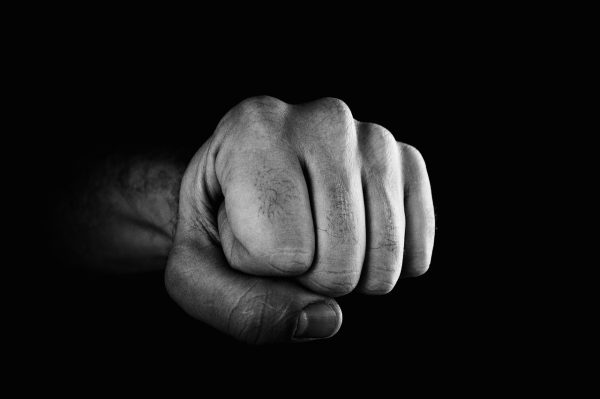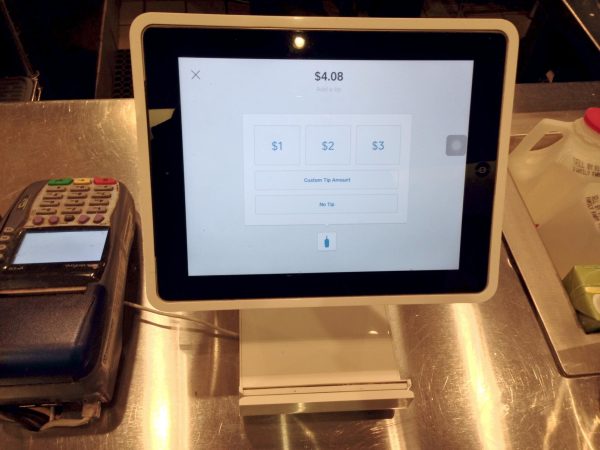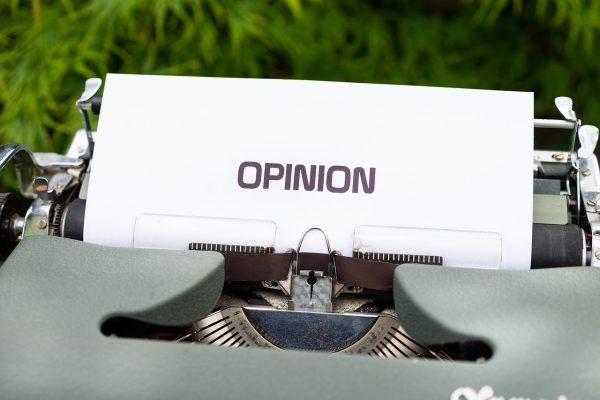Legal Marijuana can fund addiction treatment
May 3, 2018
The people of our nation are traversing through a haze, single mindedly pursuing the same topics without ever coming to a conclusion, trapped in an inescapable maze of their own creation.
As our communities, our states and our nation deliberate and debate topics such as gun regulations, the opioid crisis, environmental management and President Trump, one decision that should be made right now is that of marijuana legalization.
Marijuana needs to be legal nationally, mainly for the sake of the individuals who medicinally benefit from it.
Marijuana has been found to treat muscle spasms caused by multiple sclerosis, nausea from cancer chemotherapy, poor appetite and weight loss caused by a chronic illness, such as HIV, or nerve pain, and it has been an effective “second option” treatment method for those with seizure disorders such as Dravet syndrome in children and Lennox-Gastaut syndrome (LGS) in children and adults.
Instead of obsessing over a drug that is no more harmful than alcohol consumption but ultimately can help people afflicted with disease, our nation’s focus should be on stronger, more lethal drugs plaguing schools and communities.
According to CDC figures from 2014, about seventeen thousand people died from overdosing on illicit drugs such as cocaine and heroin, while close to twenty six thousand people died from overdosing on prescription drugs.
I can count on one hand how many people have died from a marijuana overdose, ever.
Crack cocaine, “the rock,” for example, is entirely on a level of its own. When I was in elementary school, I made a vow to myself that I would never touch any drug or anything remotely alcoholic, and I have kept it. I don’t even drink wine on New Year’s. This vow is so important to me because I saw firsthand what drugs, “the rock” specifically, can do to people.
My dad was a drug dealer turned addict. To make sure my three older brothers and I were well taken care of, my mom would hide money. She would literally rip up the carpet in a corner, put the money under there and tack it back down with a hammer.
She went through such lengths because she knew when he came home, he would be looking for drug money. He would keep looking until the house was in complete disarray, even the cereal boxes checked thoroughly.
The saddest part of all and the part that probably stuck with me the most is that it was not a lot of money. It was around $10, but it meant so much to him. That is dependence.
I understand that opposition for this legalization runs deep due to the fear of an increased usage amongst our nation’s youth. Unfortunately, marijuana is readily accessible at any age, whether it is illegal or not. It truly is just a text message away, especially on Snapchat.
There is always someone selling marijuana in some form. If you have the money, you meet up with them and the exchange is as simple as that.
Data released from American Civil Liberties Union (ACLU) and Human Rights Watch revealed that marijuana arrests in 2016 equated to about 14 percent more than the 505,000 arrests made for all violent crimes, including murder, rape and serious assaults.
Not only our we wasting time on conducting these arrests when there are bigger and more life-threatening crimes taking place, we are spending money and resources on it as well. According to ACLU, every year states waste $3 billion enforcing marijuana legislation.
The time and resources currently being poured into marijuana crimes should be applied to those who possess lethal drugs in large quantities and to providing treatment for those struggling to recover from drug addiction.
The money copiously being given to marijuana suppliers can be taxed and result in increased state revenue. The possibilities are endless.
The path marijuana legalization would create for our nation is nowhere near smooth or paved, but it can definitely be travelled on.











